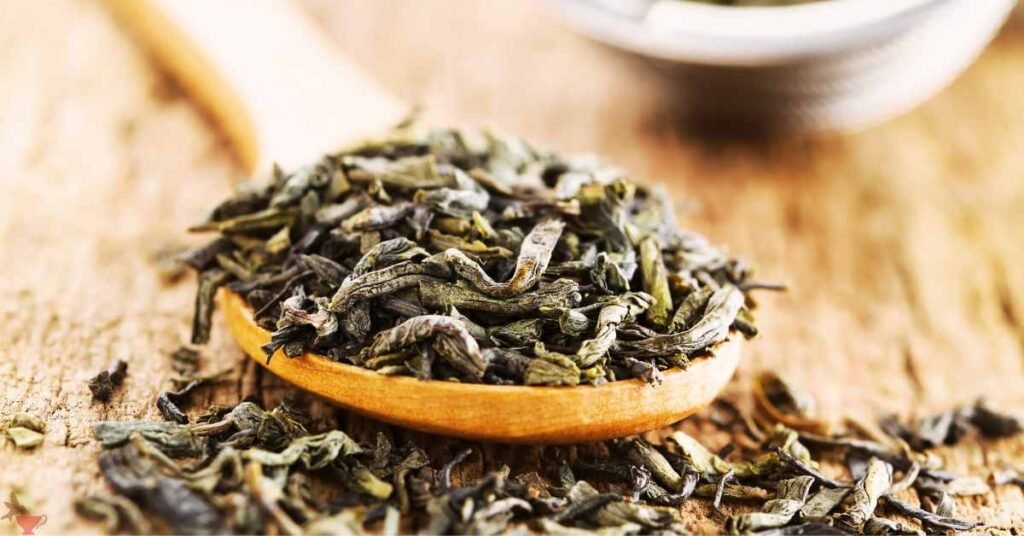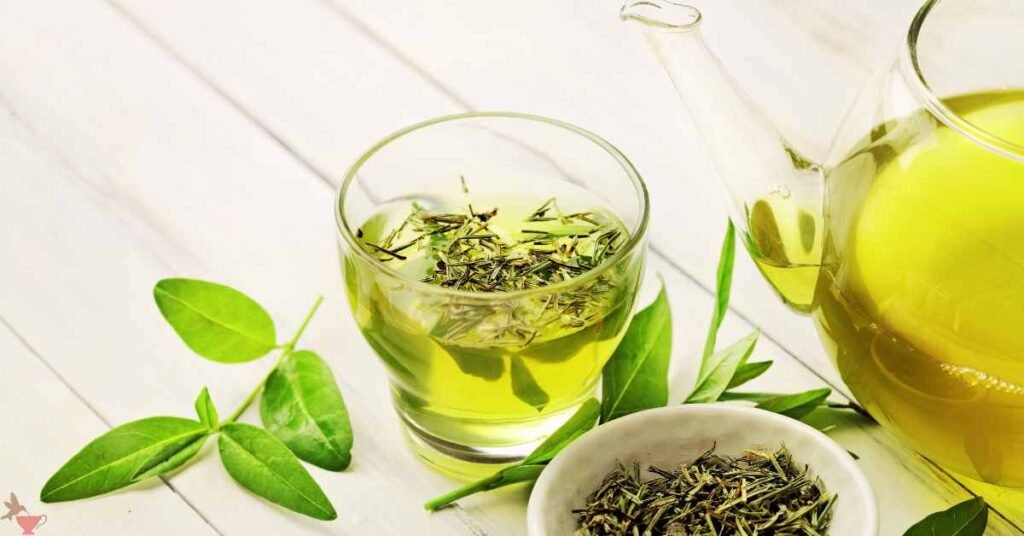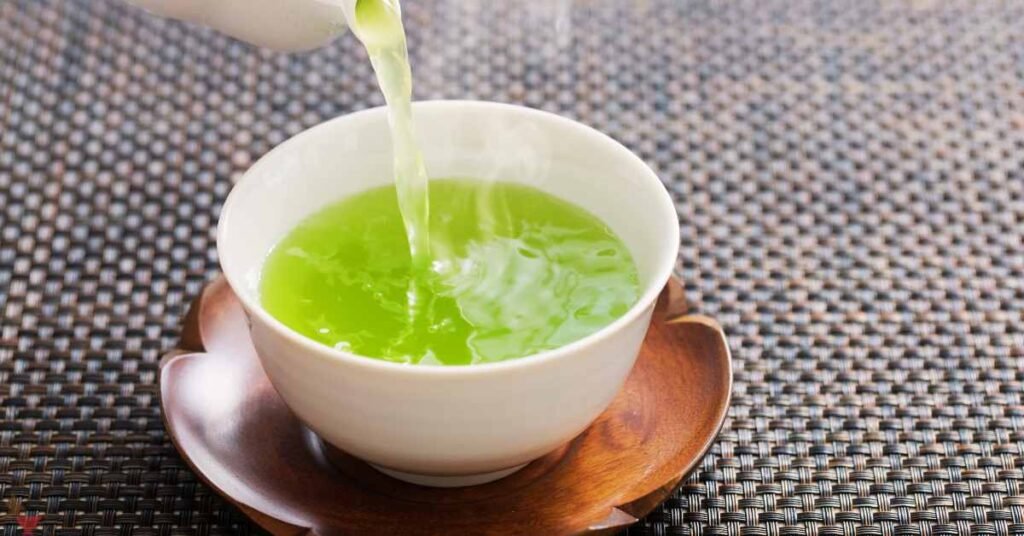Green tea has long been celebrated for its numerous health benefits, including its potential to improve brain function.
Packed with antioxidants, green tea has been associated with enhanced cognitive performance, increased focus, and improved memory.
However, recent studies suggest that roasting green tea before brewing it may further amplify its brain-boosting properties.
in this article, we explore the process of roasting green tea and its potential impact on brain function.
The Science Behind Green Tea’s Brain-Boosting Benefits

Before delving into the roasting process, let’s briefly understand the existing evidence supporting green tea’s positive effects on brain health.
Green tea contains promotes alertness and concentration due to its caffeine content.
Additionally, it contains an amino acid called L-theanine, which promotes relaxation without inducing drowsiness.
The combination of caffeine and L-theanine can lead to increased focus and attention, improved mood, and reduced anxiety.
Green tea is also rich in polyphenols, particularly catechins, which are potent antioxidants.
These catechins have been shown to protect brain cells from damage caused by oxidative stress and inflammation, both of which are associated with age-related cognitive decline and neurodegenerative diseases.
Moreover, green tea catechins have been found to enhance memory and learning abilities by promoting the growth of new neurons and increasing the connectivity between brain regions.
Roasting Green Tea: Unveiling the Process
Roasting green tea involves subjecting the tea leaves to controlled heat, transforming their chemical composition and flavor profile.
While traditionally associated with oolong and black teas, roasting green tea has gained attention recently for its potential to enhance the tea’s cognitive benefits, and it is all researced in a recent study published in Scientific Reports.

- Selecting the Right Tea: Begin by choosing a high-quality green tea. Look for loose leaf tea, as it allows for better heat distribution during the roasting process. Japanese green teas such as Sencha or Gyokuro are excellent options due to their rich flavor and high catechin content.
- Preparing the Tea Leaves: Spread the tea leaves evenly on a baking sheet, ensuring they are not overcrowded. This allows for even roasting and prevents the leaves from burning.
- Roasting Temperature and Time: Preheat your oven to a low temperature, around 250°F (120°C). Place the baking sheet with the tea leaves in the oven and roast them for approximately 15-20 minutes. Keep a close eye on the leaves to prevent over-roasting.
- Monitoring the Aroma and Color: During the roasting process, you will notice the aroma of the tea leaves evolving. The leaves will also begin to change color, turning darker and developing a roasted aroma. Once the desired aroma and color are achieved, remove the tea leaves from the oven and let them cool.
Brewing and Enjoying Roasted Green Tea
After the roasting process, the green tea leaves are ready for brewing. Follow these steps to enjoy a cup of roasted green tea:
- Boil fresh water and let it cool slightly. Green tea is best brewed with water between 160°F to 180°F (70°C to 82°C) to avoid bitterness.
- Place the roasted green tea leaves in a teapot or teacup. Use approximately one teaspoon of leaves per cup of water, adjusting to taste.
- Pour the hot water over the tea leaves and let them steep for about 2-3 minutes. Adjust the steeping time based on your preference for a milder or stronger flavor.
- Strain the tea or remove the infuser, and your cup of roasted green tea is ready to be enjoyed. You may choose to add a slice of lemon or a drizzle of honey to enhance the flavor.
Final Word

Roasting green tea is an innovative method that may further optimize its brain-boosting potential.
By subjecting the tea leaves to controlled heat, the flavor profile changes, and the tea’s antioxidant properties are enhanced.
The combination of caffeine, L-theanine, and catechins found in green tea, along with the roasting process, can potentially improve brain function, including focus, attention, memory, and overall cognitive performance.
While roasting green tea may be an exciting development, it’s essential to remember that individual responses to any dietary intervention can vary.
If you have any underlying health conditions or are on medication, it is advisable to consult with a healthcare professional before making significant changes to your diet.
So, go ahead and explore the world of roasted green tea, and unlock its potential to enhance your cognitive abilities.
MEDICAL DISCLAIMER
Itsnevernotteatime.com cannot and does not contain medical/health advice. The medical/health information is provided for general and educational purposes only and is not a substitute for professional advice.




